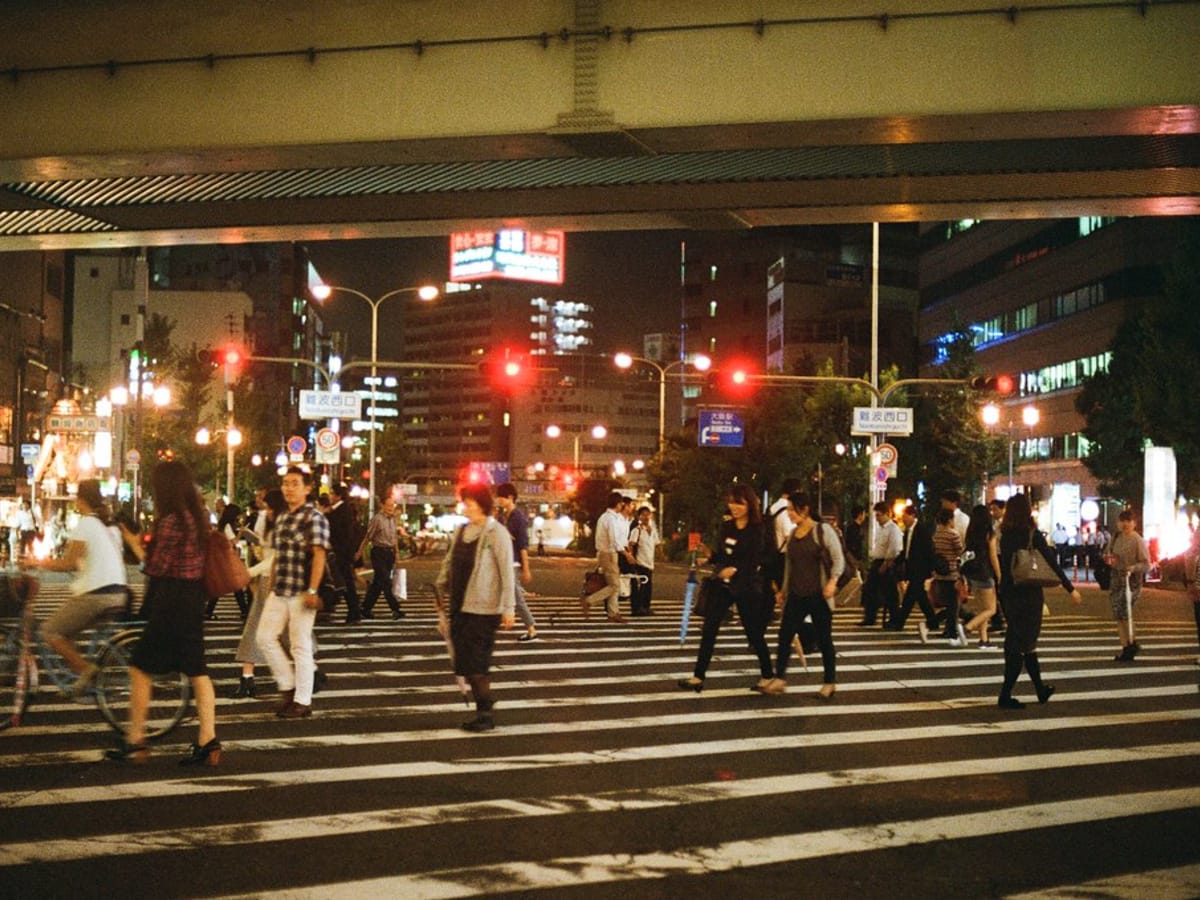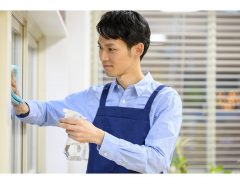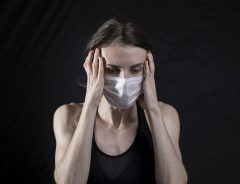
Source: Toomore Chiang, CC by SA 2.0 / © Flickr.com
What Do Locals Think About Osaka’s Current Covid-19 Crisis?
- Tags:
- COVID-19 / Crisis / novel coronavirus / pandemic / Survey
Related Article
-

Japanese rock legend Hyde rips into those not practicing social distancing and hitting up pubs during pandemic
-

Visit haunted house free with proof of two vaccination shots, get 3rd “shot” as original cocktail
-

First Impression Working Women Want to Make Is Clear Skin, Japanese Survey Reveals
-

Japanese company develops “floating image” no-touch touch panels to avoid direct button contact
-

Japanese government releases list of products containing coronavirus-killing surfactants
-

Japanese consumers show signs of lockdown fatigue as the outbreak enters the fall [manga]


It’s hard to believe over a year has passed since Covid-19 spread across the world, infecting over 140 million people and taking more than 3 million lives.
Japan alone has accounted for over half a million cases and more than 9,000 deaths in total.
According to NHK News , Osaka Prefecture confirmed 1,220 infections on April 18, the 6th day straight with over 1,000 infections.
This is more than double the number of cases during the State of Emergency declared earlier this year from January to the end of February, which peaked at a daily rate of around 600 cases.
Those are the figures, but how to locals feel about Osaka’s current situation?
I took to the streets to get a feel for the local perspective on the matter.
Local Voices
When asked for their opinion on Osaka having the highest daily number of infections in April, people were generally not so surprised.
"That’s just how it goes," (そんなもんだね) said two males, a 20-year-old from Hiroshima and his 22-year-old friend from Tohoku, who are working in Osaka. "I have to commute to my office every day and the trains are always crowded."
Moeka, a 19-year-old university student, said she’d felt uneasy about how crowded her university was until it closed recently.
"The cafeteria would be full of people seated close together, obviously eating without masks, " she said.
Various people echoed that as this situation drags on, it’s been harder to stay home all the time.
Saki, 25, was sitting in a crowded Starbucks when I interviewed her.
"I think it’s okay to go out for a few hours. People are trying their best to follow the rules, wearing masks and all," she said. "I think nightlife is to blame. People who go to girls’ bars and places like that and then ride the trains or go to a supermarket are spreading it.
"I do feel like people have become lax about preventative measures," said Yume, a 29-year-old mother of three who works at a nursing home in the suburbs of Osaka.
"Last year everyone was really strict about wearing masks, but I feel like I see more and more people without masks now," she said.
Covid-19 Testing Facts and Figures
Ken, 52, runs a hotel café and he believes Osaka’s high infection rate is a bit misleading.
"Osaka is testing more than Tokyo," he said. "Just like with Tokyo last year once the Olympics were postponed, there was a sudden explosion of cases. That’s because they started testing more. And it’s the same now with the Olympics approaching."
Yume echoed Ken, saying how "it’s become easier for people to get PCR tests, which naturally increases the number of confirmed cases."
Ken and Yume could be onto something.
According to Tokyo’s StopCovid19 website , there were 7,993 Covid-19 tests run on April 15. Over the last month, Tokyo averaged around 8,200 tests a day. That figure has remained more or less even over the last few months.
In contrast, data from Osaka’s COVID-19 Task Force website shows a slow and steady increase in the number of daily tests conducted over the last month.
Over the last 6 days, Osaka averaged almost 14,000 tests a day.
Incidentally, Tokyo reported 543 infections on April 18 (Yahoo! News Japan). It seems quite proportional to the wide gap in testing.
Going Forward
Prefectures in both Kansai and Kanto regions currently ask businesses to close early and there’s talk of stricter anti-virus measures, I asked locals what they think can be done to improve the situation.
The 22-year-old from Tohoku said he thinks people should have to work from home if possible.
Moeka expressed her concern with how slow Japan has been offering the vaccine compared to other countries, but wasn’t sure if she’d get the vaccine herself.
Most people I talked with agreed that Japan would benefit from a lockdown like before.
It seems that there is no sense of urgency and people generally have gotten used to living under the shadow of Covid-19. So without serious measures set by the government, things will just continue as they are now.